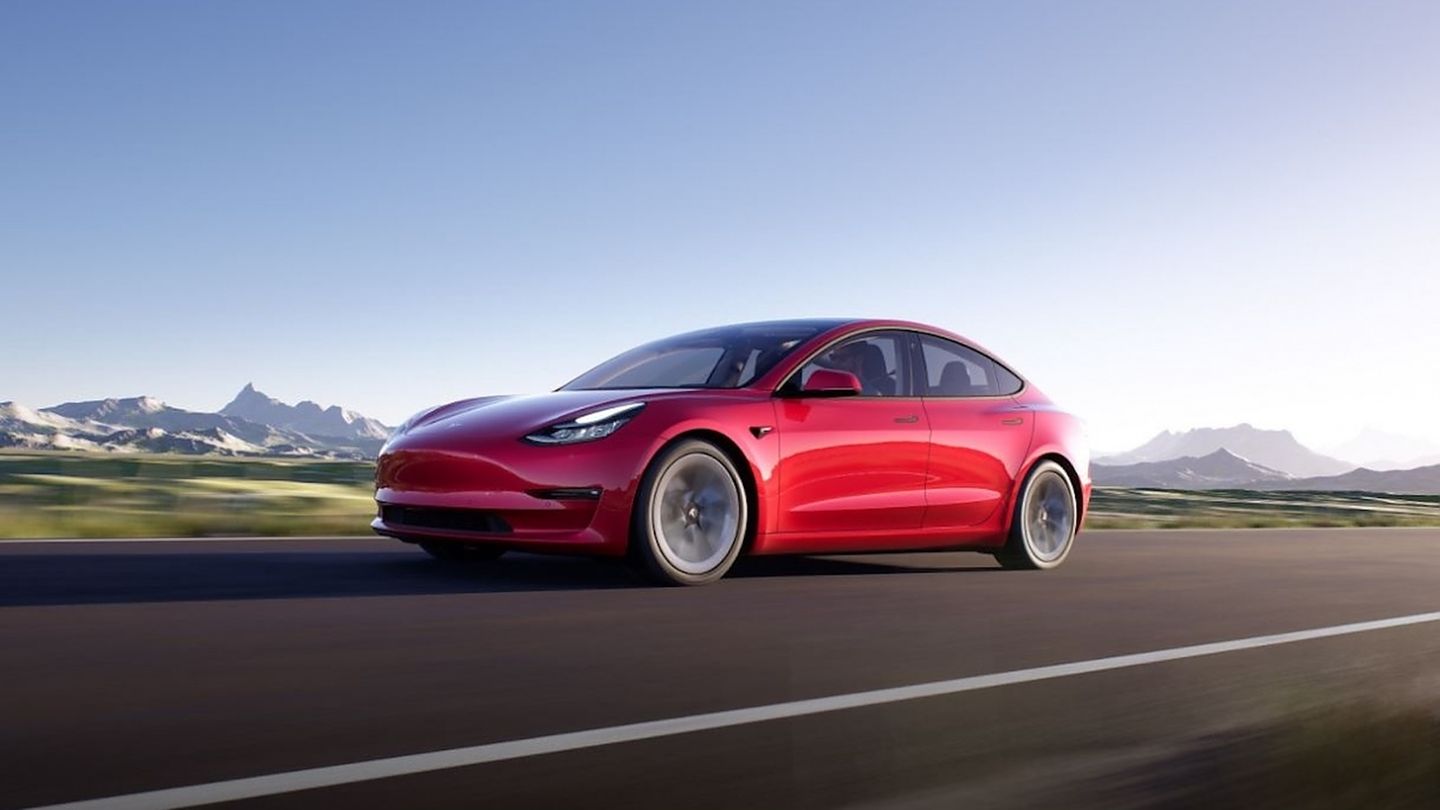The automotive industry is facing another difficult year. The lack of chips and the energy crisis are a burden, and from the point of view of the industry association, politicians are not making enough progress with reforms. However, he remains confident about the goals for electric cars.
Another difficult year is on the horizon for the German auto industry. The industry association VDA expects around 2.7 million new registrations in Germany for 2023, as President Hildegard Müller said on Wednesday. That would be around two percent more than last year, but a quarter less than in the pre-crisis year of 2019.
The supply chain problems from the pandemic continued to resolve, said Müller. But due to the high demand from other industries, the lack of chips in particular remains a problem.
In addition, politicians have not yet found a structural answer to the energy crisis. “So far, crisis policy has essentially only dealt with the acute effects of the energy crisis,” criticized Müller. Concepts for a long-term and secure energy supply were missing. When it comes to costs, manufacturers and suppliers have long since reached their peak.
Tax burden and energy prices are too high
Because important industrial policy reforms failed to materialize, Germany and Europe were in danger of being crushed in international competition. Müller referred to the investment plans of the US government for industry, renewable energies and infrastructure.
It is true that the protectionist projects contradict the transatlantic partnership. Nevertheless, the USA is investing in energy fields of the future, emphasized Müller. “They enable the expansion of a state-of-the-art, resilient and CO2-neutral industry”. This must be a wake-up call for Germany and Europe. Tax burden and energy prices are too high in international comparison. With a view to the resources for electric cars, a raw materials strategy is missing. The gap between newly registered e-cars and available charging points is widening.
In view of these problems, Müller defended the top meeting of the auto industry with Chancellor Olaf Scholz on Tuesday. Rail and bicycle associations had criticized the fact that important modes of transport other than cars had been excluded. “Here a contrast is constructed that I really think is difficult,” said Müller. “We would be happy if we had more traffic on the rails.” Nevertheless, talks with an industrial policy focus are also needed.
By 2030, the federal government wants to see around 15 million battery-only cars on the road. This can be done by the manufacturer, emphasized Müller. The ramp-up of production is satisfactory. Half a million new battery cars hit the streets last year, around a third more than the year before. The proportion of new registrations was almost 18 percent. On Wednesday, the VDA did not give a forecast of how the numbers could develop this year.
Source: Stern
Jane Stock is a technology author, who has written for 24 Hours World. She writes about the latest in technology news and trends, and is always on the lookout for new and innovative ways to improve his audience’s experience.




